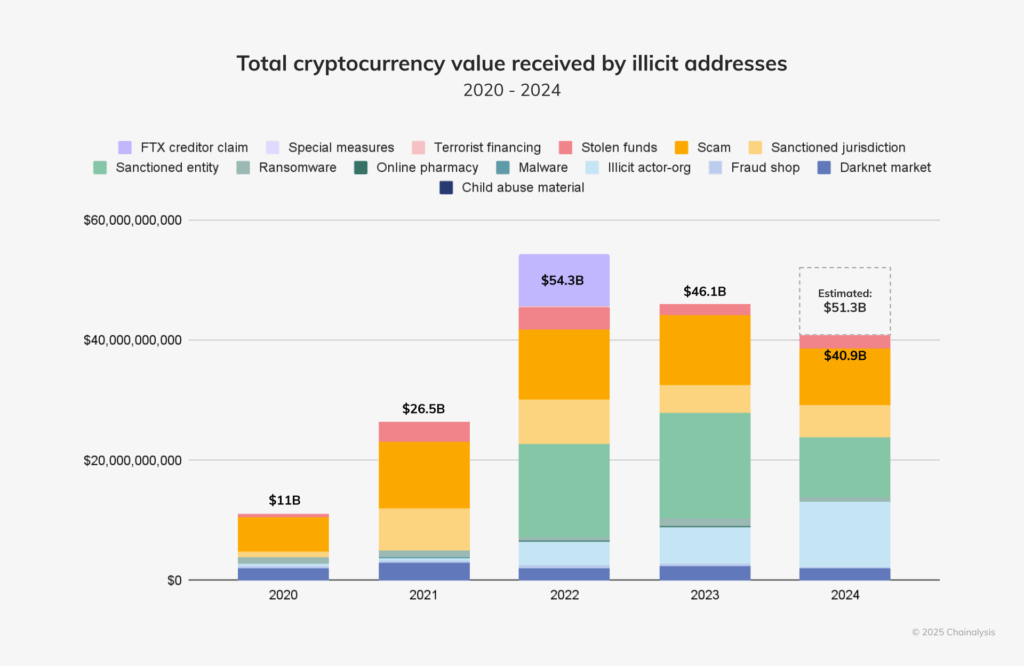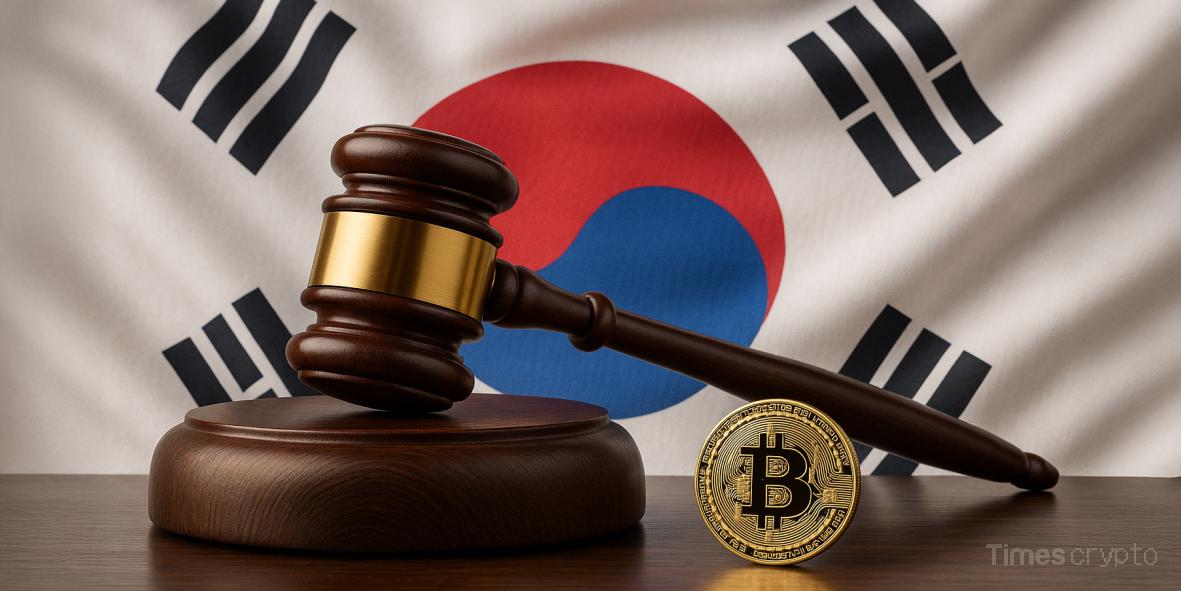Key Takeaways
- Hwang Jung-eum is facing a prison sentence due to alleged involvement in a $3 million crypto scheme.
- The business that the actress embezzled from was a family-run agency that solely handled her career.
- South Korea is steadily stepping up efforts to make the crypto sector safer for users, introducing stricter rules and oversight.
South Korean actress Hwang Jung-eum, once adored for her roles in hit dramas and TV shows, is now making headlines for all the wrong reasons. This week, the star was given a suspended prison sentence after she was caught embezzling $3 million from her own agency to pour into crypto investments.
The case was heard at the Jeju District Court, where the judges stopped short of sending her to jail. They took into account that this was her first offense, not part of a pattern of crime and that she had paid back every won. While the factors earned her judicial leniency, damage to her image, however, has seemingly become more intense.
Once a familiar face on screens and in major ad campaigns, Hwang has now been edited out of TV programs. Multiple advertisers have reportedly dropped her from promotions.
Revisiting highlights of the case
As per an indictment filed in early 2022, Hwang allegedly embezzled roughly 4.34 billion won ($3.1 million) from her agency. Of that amount, nearly 4.2 billion won was funneled into cryptocurrency investments, despite the sector being more volatile and unregulated compared to today. The remaining funds, meanwhile, were used on covering property and local tax bills through credit card payments.
The business that Hwang Jung-eum embezzled from was a family-run agency that solely handled her career and had Hwang as its owner and sole performer. She publicly acknowledged all of the charges during her initial trial on May 15 and requested additional time to refund the money.
Hwang gradually paid back the 4.34 billion won ($3.1 million) that had been embezzled in stages by selling off personal belongings. Owing to the complete repayment of the displaced funds and her otherwise clean criminal record, the court decided to gave her a suspended prison term rather than a full-fledged jail time.
Also Read: South Korea’s K Bank Taps BPMG for Global Stablecoin Expansion
State of crypto in South Korea
The regulatory outlook towards crypto is undergoing a major shift internationally. With regions like the U.S., the UAE, and the European Union (EU) having unveiled comprehensive crypto legislations, other nations including South Korea are also gradually taking efforts to make the sector safe for engagement.
Seoul is proactively taking steps to tighten its grip on crypto crime as scams and money laundering cases continue to rise. The country’s Financial Intelligence Unit (FIU) has announced tougher anti-money laundering (AML) rules, aiming to protect investors and keep the market clean.

On March 5, 2025, the Financial Services Commission (FSC) gathered to discuss new ways to fight back against growing problems like crypto thefts, shady transfers, and fake virtual accounts. The new measures will push exchanges to track suspicious activity more closely, report it quickly, and face stricter consequences if they fail to comply.
For everyday traders and investors, this could mean more trust in the system, as regulators try to weed out bad actors without slowing down innovation. South Korea has built one of the most active crypto markets in the world, but it’s also made clear that it won’t let fraudsters exploit it.
The move reflects a broader global trend: as crypto grows, governments are stepping up their oversight. For South Korea, the message is simple—crypto can thrive, but only if it plays by the rules.







